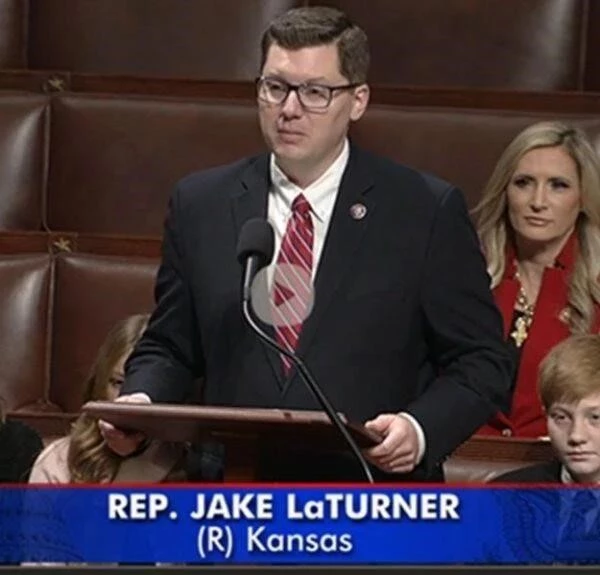“The Order,” also known as Brüder Schweigen or the Silent Brotherhood, was a white supremacist terrorist group active in the United States, particularly in the Pacific Northwest, from 1983 to 1984. Founded by Robert Jay Mathews, it was a violent organization fueled by neo-Nazi, anti-Semitic, and racist ideologies.
Origins and Ideology
Mathews, involved in white supremacist movements since a young age, became further radicalized through his connections with groups like the Aryan Nations. He viewed the U.S. federal government as an enemy, believing it was controlled by a Jewish conspiracy aimed at oppressing white Christians. The group’s ideology was heavily influenced by William Pierce’s novel “The Turner Diaries,” which features a fictional white supremacist organization called “The Order.”
Activities and Crimes
“The Order” engaged in a range of criminal activities to fund their operations and incite a white revolution. These included armed robberies, counterfeiting, and bombings. They stole millions of dollars, but their ambition to spark a full-scale revolution was not realized. In 1984, they assassinated Alan Berg, a Jewish radio talk show host, for his opposition to right-wing extremism;
Downfall
The group’s downfall began with the arrest of a member, Thomas Martinez, for passing counterfeit money. Martinez then turned informant, and his cooperation led to the capture of other members. Robert Jay Mathews was located by the FBI on Whidbey Island, Washington, and after a 30-hour standoff, died in a fire resulting from FBI flares.
Aftermath
By 1986, all members of “The Order” were captured. They were prosecuted using the Racketeer Influenced and Corrupt Organizations Act (RICO), usually used against organized crime. They received sentences ranging from 30 to 150 years. “The Order,” despite its short existence, left a lasting impact on the white supremacist movement. Its actions are seen as a precursor to later white power groups.
Legacy
The story of “The Order” serves as a reminder of the dangers of extremist ideologies and the violence they can inspire. It highlights the need for vigilance against hate groups and the ongoing efforts of law enforcement to combat domestic terrorism.


